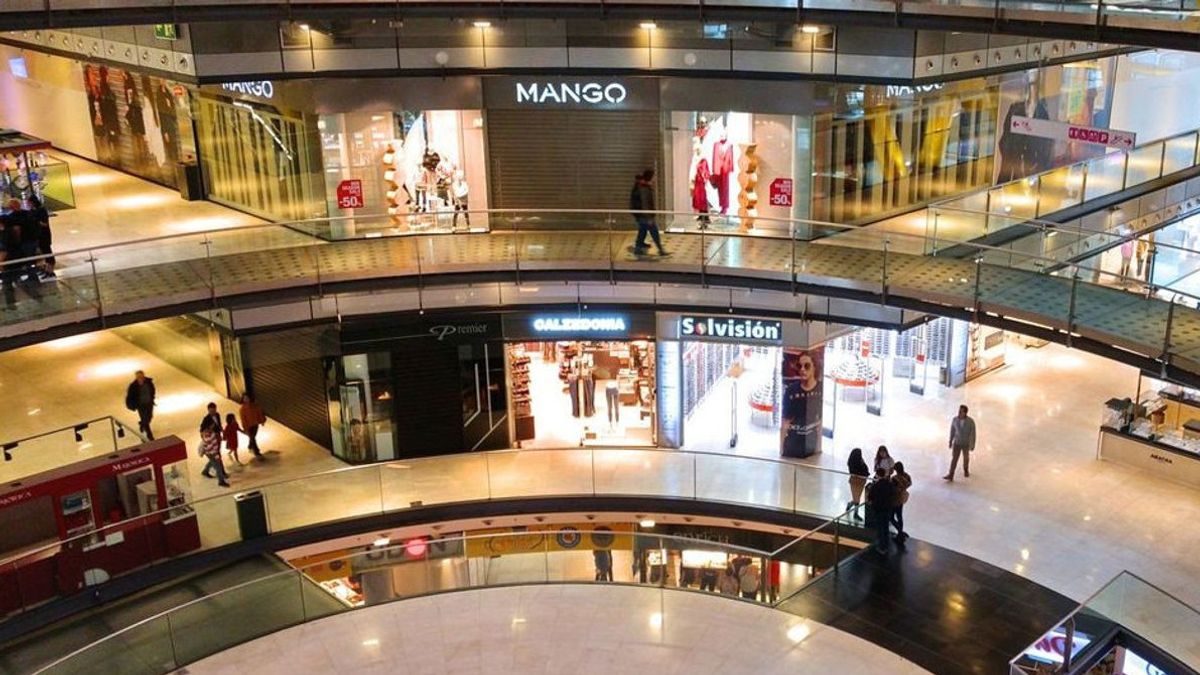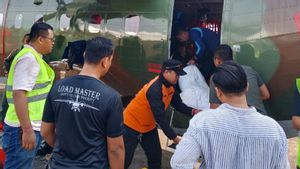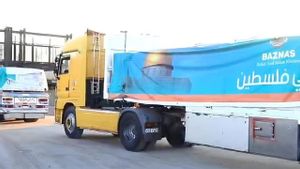JAKARTA - It has been three weeks since the implementation of restrictions on community activities (PPKM) was implemented in the Java-Bali region. The PPKM, which was still implemented until February 8, had no effect on the COVID-19 pandemic.
The proof, the number of new COVID-19 cases in Indonesia is still in the range of tens of thousands. Most recently, the number of positive cases of COVID-19 as of Saturday, January 30 reached 14,518. This means a new record for the number of new COVID-19 patients.
One of the government's efforts to suppress the spread of COVID-19 was carried out by imposing restrictions on community activities in Java and Bali. But after the first PPKM period on January 11-25 was implemented, the attention came from various parties.
It is not only about the economic wheels that are affected, such as malls, restaurants. PPKM is considered not effective because it has been implemented for nearly 3 weeks, the COVID-19 rate remains high.
The government has once extended the PPKM, namely the period until February 8. However, there is one rule that has been changed to 'tolerate' economic affairs by increasing the operational time of the mall and restaurant business sector. If during the PPKM on January 11 to January 25 it can only operate until 19.00 WIB, in the PPKM extension, the maximum operational hours are allowed until 20.00 WIB.
"Malls and restaurants that were within the border yesterday were at 7 o'clock maximum, because there are several areas (the trend of COVID-19 transmission) is rather flat, so this is changed to 8 pm," said the Chairman of the Committee for Handling COVID-19 and National Economic Recovery. (KPCPEN) Airlangga Hartato, 21 January.
The rest, the provisions for community activities and mobility remain the same as the PPKM regulations that have been implemented.
As a rule, offices are required to limit 25 percent of workers who can work in an office and 75 percent do work from home or work from home (WFH), then learning is held online.
Then, the essential sector including industry remains 100 percent operating, restaurants are required to limit as much as 25 percent of dine in services and are still allowed to serve take away for 24 hours.
Furthermore, other activities such as construction activities are still running, worship activities are limited to 50 percent, public facilities are closed, then transportation-related activities are regulated by each regional government.
Epidemiologist highlightedEpidemiologist from Andalas University (Unand), West Sumatra Defriman Djafri said the government must evaluate the policy to enforce restrictions on community activities (PPKM), because COVID-19 cases in the country are still increasing.
"We need to evaluate. If the number of cases goes up it is clear, and if it goes down, then confirm the restrictions that will be implemented," he said, Sunday, January 24.
He said that basically restricting the movement of people should have an impact on reducing the number of COVID-19 cases. However, the Java and Bali PPKM policies on January 11-25 have not shown the expected results.
One of the problems is that restrictions on the movement of the people cannot only be focused on one or two islands.
The Dean of the Faculty of Public Health Unand argued that if you want to limit public movement, comprehensive restrictions must be applied and not be concentrated on only two islands.
The middle ground that has been carried out by the government, namely saving health and economic aspects at the same time is considered not yet effective enough in suppressing the COVID-19 case.
More Effective PSBBThe Policy on Restricting Community Activities (PPKM) in 15 areas in East Java was unable to reduce the COVID-19 cases in East Java. In fact, the cases of COVID-19 in East Java are increasing by an average of 900 to 1,000 per day.
This was conveyed by an epidemiologist from the Airlangga University (Unair) Surabaya, Windhu Purnomo, that he expressed that the PPKM implemented in East Java was not directly proportional to the tightening of health protocols (prokes).
"This is because non-essential activities can still be carried out. The strict restrictions used to be less effective, especially now. Naturally, the cases are increasing," said Windhu some time ago.
According to Windhu, the way to suppress the Covid-19 case is not by implementing PPKM, but by increasing the tightening of health protocols (prokes).
Because, he said, the increasing number of COVID-19 cases in East Java was influenced by the decreasing discipline of health services in the community.
"In the past, when the PSBB disciplined community for health programs reached 75 percent, now it is only 50 percent. Because the prokes are tighter, so there is a deterrent effect on the community," he said.
The English, Chinese, Japanese, Arabic, and French versions are automatically generated by the AI. So there may still be inaccuracies in translating, please always see Indonesian as our main language. (system supported by DigitalSiber.id)











